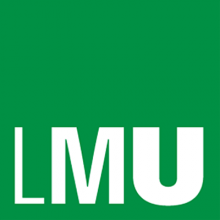Academic hiring committees should include independent observers to avoid bias against female applicants, a report from some of Europe’s biggest research universities has recommended.
The analysis, released by the League of European Research Universities (Leru), sifts through a mountain of evidence that female academics face bias in everything from student evaluations to perceptions of their research quality and offered starting salaries.
One of its most eye-catching ideas is that universities should bring in “trained observers” when recruiting new staff, something already done at the University of Geneva and KU Leuven.
“They should be members of different faculties or departments and report on any potential bias in the selection process,” says the paper Implicit bias in academia: a challenge to the meritocratic principle and to women’s careers – and what to do about it, released on 18 January.
This is one of the responses to what the report calls “a large body of available experimental and observational research showing that women are, on average, considered less fit for scholarly positions than men”, which means that “women usually have to perform better to be judged as equally qualified to men”.
This implicit bias is a cause – possibly even the main cause – of female under-representation in multiple levels of academia, it says.
Other recommendations include briefing hiring committee members on potential sources of bias; deciding on “clear selection criteria” from the beginning; anonymising CVs in the first round of selection; carrying out “structured” interviews; and implementing a “data-driven” review process.
Female evaluators have been found to be just as biased as men, the report says, meaning that a gender-balanced selection committee “does not guarantee a bias-free procedure”.
“What is needed is informed evaluators capable of avoiding the bias trap,” it says.
Leru members include some of the biggest universities in Europe, such as the Sorbonne University, LMU Munich and the universities of Oxford and Cambridge.






